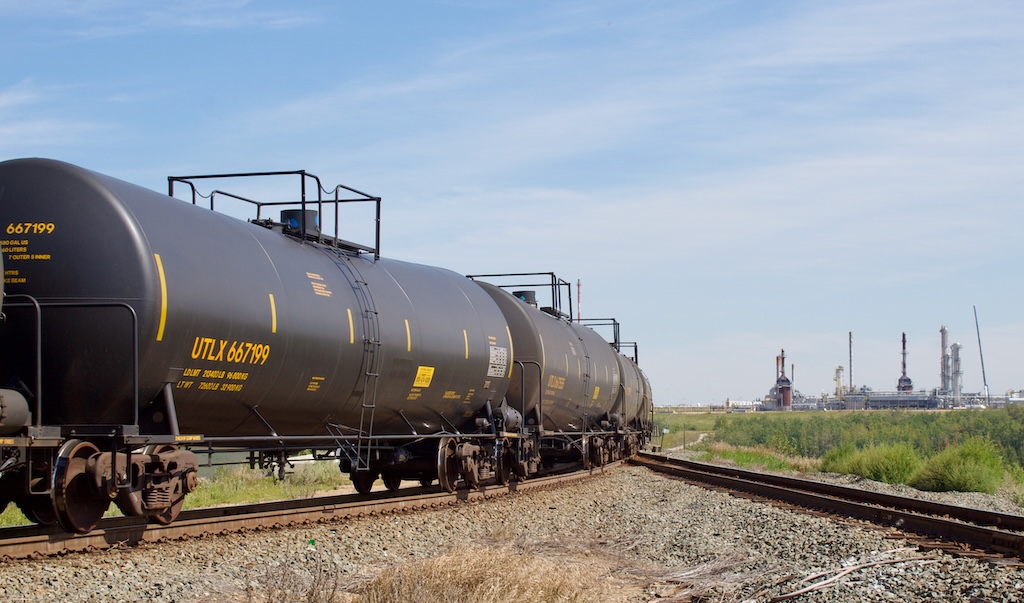
WASHINGTON — The trade group representing chemical manufacturers says a Union Pacific-Norfolk Southern merger would reduce rail competition and increase freight rates, which in turn will contribute to inflation that will harm American consumers, manufacturers, and farmers.
“The additional costs that are the likely result of this merger are ultimately going to hit everyday Americans,” Chris Jahn, CEO of the American Chemistry Council, said in an interview today. “We urge regulators to reject this deal, unless it clearly enhances freight rail competition and improves service.”
The railroads contend that their $85 billion merger to create the first U.S. transcontinental railroad will boost the American economy while improving service, reducing transit times, and taking freight off the highway.
But Jahn says rail competition has been steadily eroded by the wave of mergers that began in 1980 and resulted in today’s six Class I railroads. The Surface Transportation Board’s 2001 tougher merger review rules require Class I railroad combinations to enhance, rather than merely preserve, rail competition.
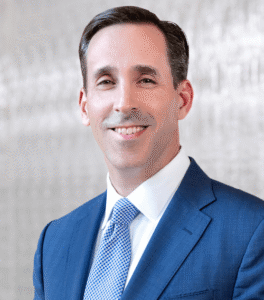
“No one’s explained to me just yet how going from four railroads to three — and let’s be honest, probably two — how that enhances competition, when that’s the legal standard,” Jahn says.
Over the past 15 years, rail rates have risen 10 times faster at ACC member plants that are served by one railroad compared to facilities that are served by more than one. “Why is that? Because they don’t have to compete for the business,” Jahn says, noting rates are up 240% at sole-served plants versus 24% at competitive locations.
Even if the UP-NS combination eventually provides faster, more efficient service, Jahn says that likely would be outweighed by reduced competition, more monopoly pricing power, and fewer routing options for shippers.
Jahn praised the interline intermodal partnership that BNSF and CSX announced last month. The STB has encouraged railroads to pursue partnerships, he notes, before turning to mergers. “More collaboration is better than more consolidation,” he says.
UP says it already has partnerships across the industry, including with NS and Canadian National.
“It’s clear that customers are demanding coast-to-coast, transcontinental rail solutions. Union Pacific and Norfolk Southern already offer solutions that are faster with a shorter route than our competitors, but partnerships only get you so far, and we are focused on taking trucks off taxpayer-funded highways,” spokeswoman Kristen South says. “The true transcontinental railroad we are creating will transform the U.S. supply chain and deliver faster, more reliable and efficient service to customers, including in underserved markets. We are confident our combination will unleash the industrial strength of American manufacturing and value for all of our stakeholders.”
Canadian Pacific Kansas City CEO Keith Creel has argued that in order to enhance competition the combined UP-NS system will have to open up sole-served locations to other railroads, such as granting CPKC access to Gulf Coast petrochemical plants.
“Keith Creel and I don’t typically agree on a lot of things,” Jahn says. “He is 100% right about this. Because, again, it’s fundamental basic economics: Competition is better for the customer.”
The ACC has long advocated for expanded reciprocal switching as a way to boost rail competition in the U.S., in much the way that interswitching gives customers access to both Class I railroads in Canada.
Chemical producers fear a repeat of merger-related service meltdowns that accompanied the UP’s 1996 acquisition of Southern Pacific and the 1999 NS-CSX split of Conrail, Jahn says. In the latest example, CPKC experienced service problems for three months after a May computer system cutover in former Kansas City Southern territory in the U.S.
“This is the biggest merger the STB has ever considered. It’s the first time under the new rules,” Jahn says. “The question you have to ask yourself is, why are those rules in place? They’re in place because the previous mergers have been such a disaster.”
UP and NS have pledged they will avoid the operational and information technology problems that have dogged prior mergers. UP notes that it had a smooth cutover last year to its new cloud-based NetControl computer system, which handles everything from rail car inventory and scheduling to waybill processing and train, locomotive, and terminal management.
Even after integration issues are sorted out, mergers have not lived up to their service-related promises, Jahn says.
UP and NS have said that their merger will slash transit times by at least 24 hours by eliminating interchange for the million or so carloads they exchange annually. That, in turn, will reduce shippers’ costs by enabling them to reduce the size of their car fleets.
In theory, Jahn says, that’s true. “But we just haven’t seen that in reality,” he says of previous mergers.
Rail’s market share is higher for single-line service than moves requiring interchange. Isn’t that an indication that shippers prefer moving freight over just one railroad?
Jahn says there isn’t one simple answer to the question because there are so many moves involving different chemicals moving between different origins and destinations.
Chemical traffic — the largest carload commodity after coal, and one of the few rail growth stories — is expected to continue to grow by as many as 100,000 loads annually over the next decade.
ACC members would love to help the railroads identify bottlenecks and improve service, Jahn says. “If UP has to earn the business going forward, and we can grow the pie, everybody can win in that scenario,” he says.






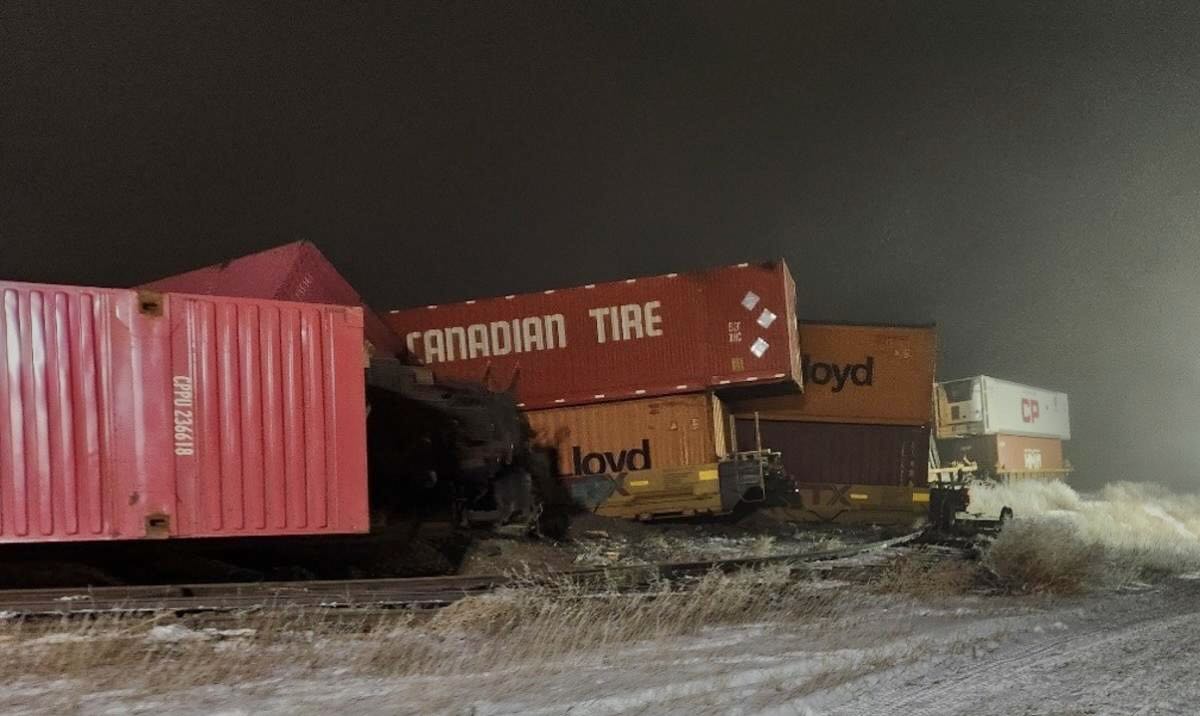
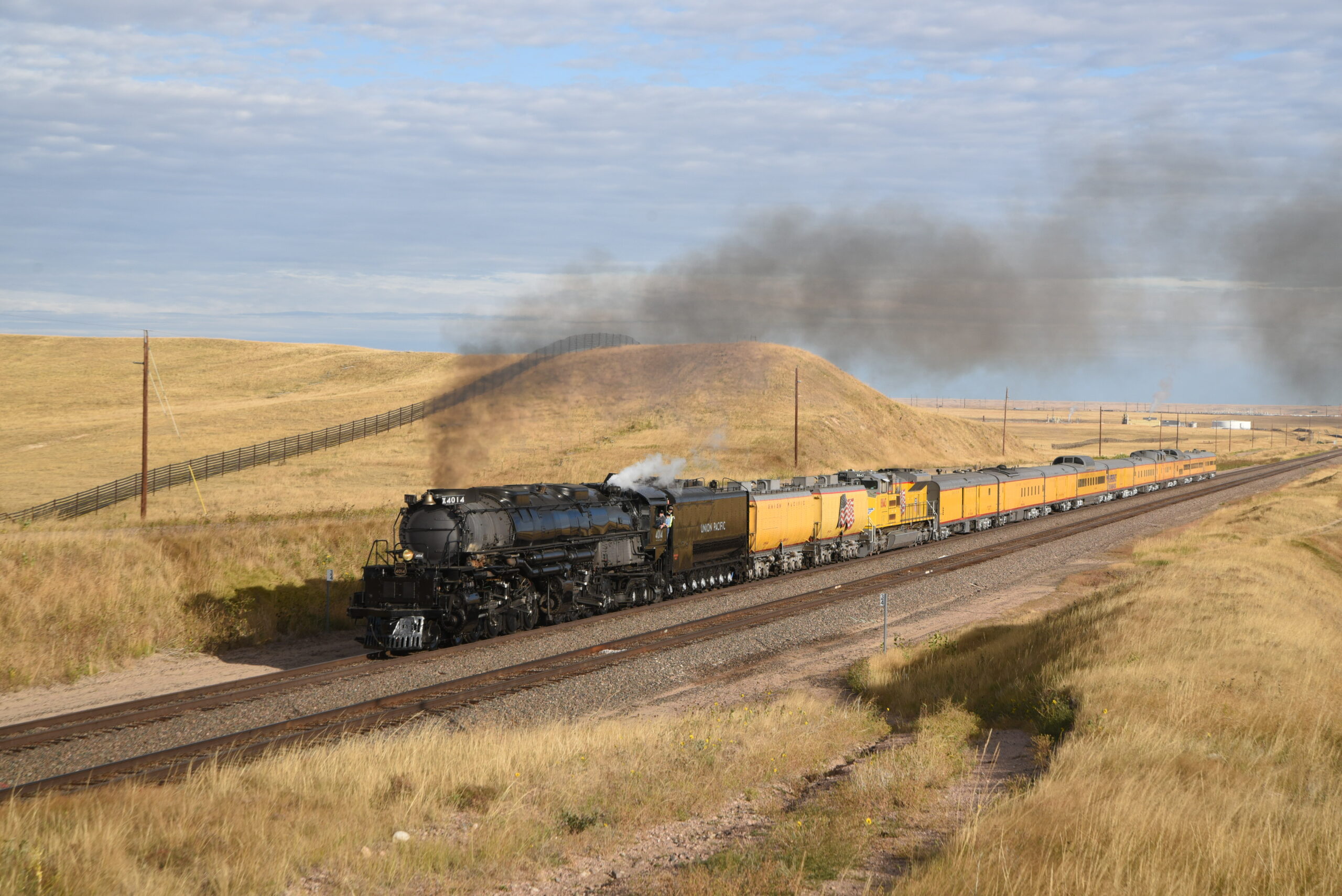
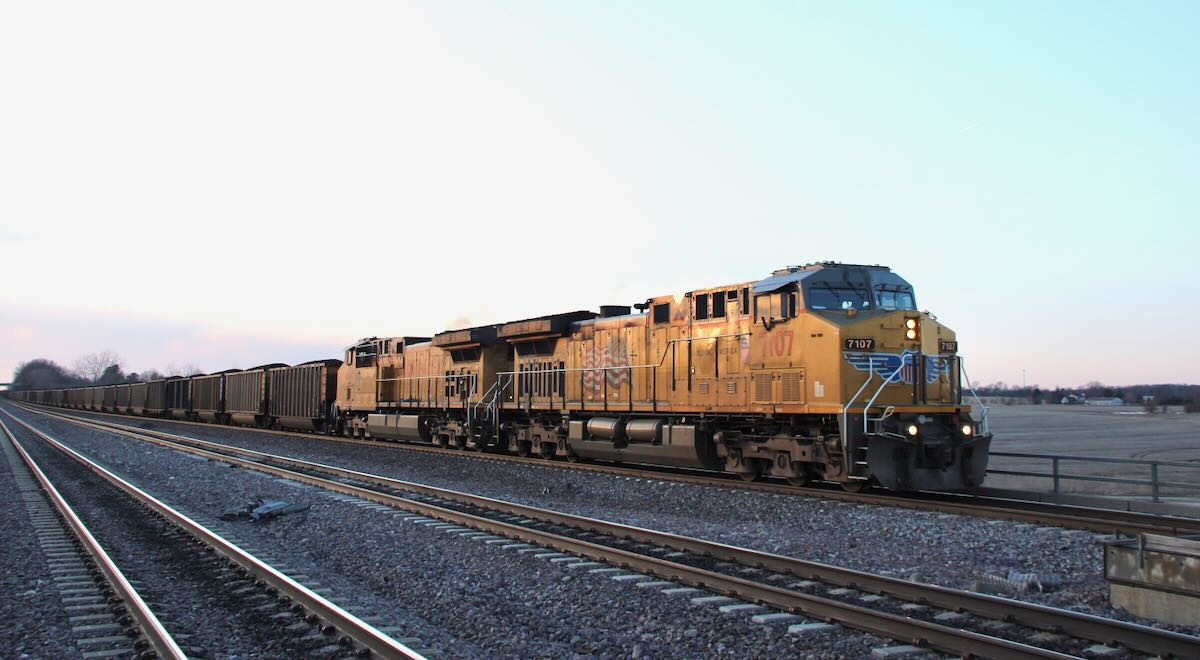
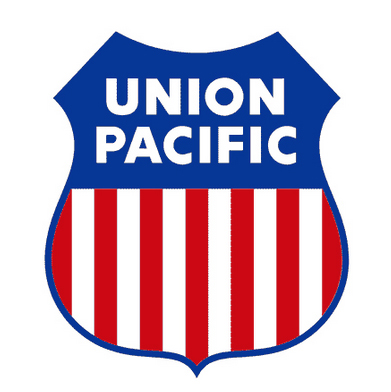




The ONLY way to have real competition and competitive rates is to have at least 2 railroads serving the same areas. Greed has always followed those with no or little competition. Human nature, take a bite here, a little bite over there, and before you know it, everywhere. They can hurt you in many ways, less service, less switching, higher rates, slower trains–you name it. We have known that for decades and yet the tug war continues . That is why we have continued to TRY to regulate them. UP is big enough and so is NS.
Tom, there is no such thing as “real competition in the rail industry. Unlike any industry, the lines are all private property based on gambles made by railroads in the past to serve a region and BUILT AT HEIR OWN EXPENSE into that area. Trucks, airplanes, even ships, can go anywhere their is a way that suits their means of operation, paid for by the US Taxpayer. But not railroads, who must fork over all the cash to build, maintain and serve their industrial commitment. The only way around it is socialism and I don’t think this country is ready to go whole hog in that direction, despite the liberal left wing of the political spectrum rantings…
Intermodal shippers are about the only ones who might possibly realize a benefit from UP/NS and thus, the ones most likely to support it. Absolutely no surprise there.
Chemical shippers as well as other manifest shippers will see the same screwing that Jahn alludes to in his comments. Past mergers have resulted in longer cycle times for private equipment, reduced switching frequency, higher rates and a transition to what I refer to as “ala carte” pricing where services that were formerly included in the rate are now add ons.
Were I not retired, I doubt I could support this merger even if the STB does condition it with some lukewarm additional access for manifest shippers. This merger has bad news writ large for manifest shippers.
Curt Warful – I wouldn’t call more access for CPKC, and BNSF “lukewarm”. At least not until we know what those railroads are going to ask for. Even CN could, since they desperately want access to a Mexican gateway. If not Mexico then access to the Houston, Beaumont and Port Arthur area’s.
UP will do what they think they need to, to appease the STB. but they ain’t giving up the store.
Andy Mueller – Hub Group, one of UP’s biggest intermodal shippers, has already publicly stated support of the merger. They must see some benefit, right?
More dumb blah, blah, blah from the chemical council CEO. So he and Creel don’t normally see eye to eye, but they do in this case because they’re against the UP+NS merger. Please. Spare us the BS. They are all looking out for their own self interest. Nobody’s being fooled by this yackty yack.
The Council CEO naturally says next to nothing about the very real likelihood of expanded trackage rights for CPKC, and BNSF if the UP+NS merger goes through. Of course he wouldn’t. It doesn’t fit his disingenuous agenda.
You are absolutely correct. UP and Vena would never look out for their own interest. They are pro customer. It doesn’t fit their agenda.
Being curious, who are those “It’s clear that customers are demanding coast-to-coast, transcontinental rail solutions.”??? Curious minds want to know. We always hear that using rail takes trucks of the road. Seems like none have been taken off the road as rail service sucks in many locations so customers have to turn to trucks for on-time deliveries ( and not damaged either ).
Once again it didn’t take long for Bill Stephens to promote Keith Creel’s view of things! CPkc only wants what they can’t have because they won’t pay for it. And Chemical Producers are only interested in their own wants. Never mind that nothing will change from what they have had for the last 50 years. If there is a chance to make more money without doing anything to make it happen, you can always count on the customer paid schill’s to tell us so.
If I were UP and NS, I would immediately drop this merger effort, learn something from Warren Buffett, and tell all the free loaders, Keith Creel included, to put a band-aid on the cut underneath their noses… You can’t win this fight no matter how great the objective, And when everybody complains in the future about the need for coast to coast, single line service, give them the middle finger and enjoy your alliance/ partnership, whatever you want to call it, with NS…and the fact that you stuck it to the free loaders who as usual, just wanted something for nothing…